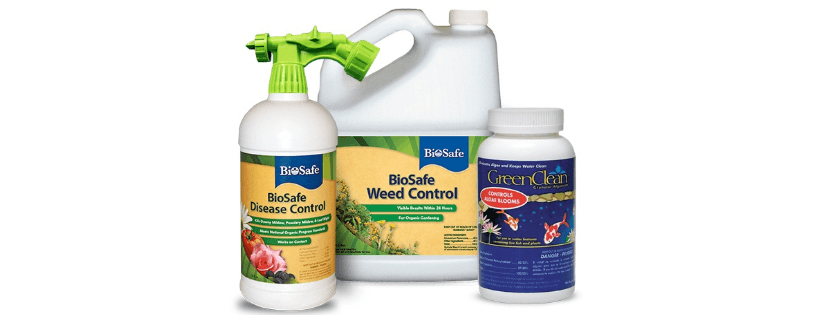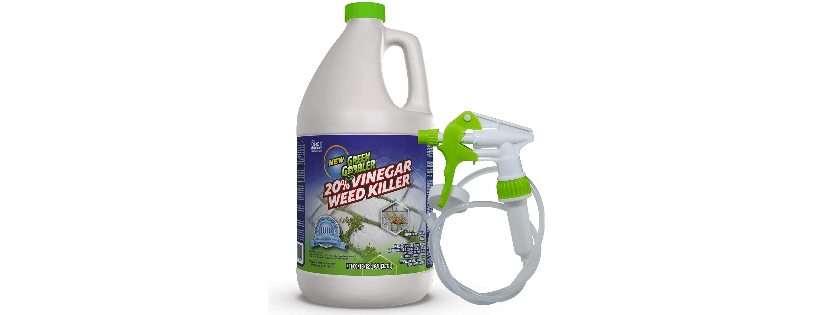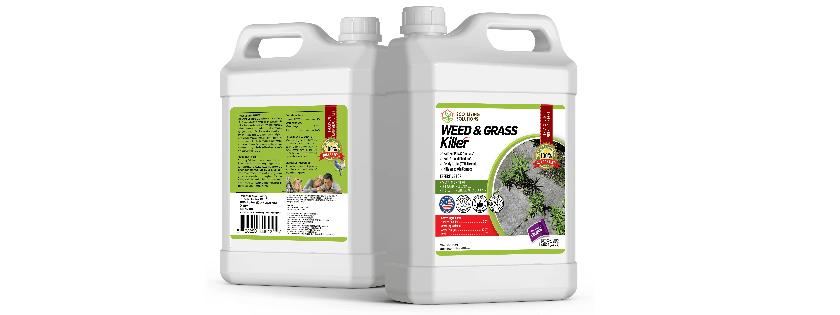Introduction to Environmentally Friendly Weed Killers
Weed control is essential for maintaining healthy gardens and landscapes. However, many conventional weed killers contain harsh chemicals that pose risks to the environment, wildlife, and human health. Environmentally friendly weed killers offer a natural alternative that tackles unwanted vegetation safely and effectively.
These eco-conscious products utilize plant-based ingredients, biodegradable formulas, and avoid synthetic herbicides to protect soil quality, nearby waterways, and beneficial organisms. In this comprehensive guide, we will explore top environmentally friendly weed killers, how they work, their pros and cons, and the broader benefits of going green with weed control.
Top Environmentally Friendly Weed Killers
1. BioSafe Weed Control

BioSafe Weed Control is a patented, herbal-based formula utilizing peppermint oil, cloves, and other natural extracts to halt weed growth without harming the environment. It offers fast-acting results by targeting weeds selectively and sparing beneficial plants.
Pros
- Non-toxic to humans, pets, wildlife, and beneficial plants
- Does not contaminate soil or waterways
- Uses only plant-based ingredients, no synthetic chemicals
- Biodegradable and easy to dispose of responsibly
Cons
- Higher cost compared to traditional herbicides
- Slower on established, well-rooted weeds
2. Green Gobbler Vinegar Weed & Grass Killer

Containing 20% acetic acid derived from vinegar, Green Gobbler offers a natural weed control solution that is safe for pets, aquatic life, and humans. Its non-toxic formula avoids harmful residues common in some chemical products.
Pros
- Uses natural ingredients for effective weed elimination
- Safe on skin contact and non-toxic
- Protects beneficial insects like bees and avoids soil contamination
Cons
- May need multiple treatments for stubborn weeds
- Limited in effectiveness against certain plant types
3. Bonide Burn Out Organic Weed and Grass Killer

Bonide Burn Out combines clove oil extract, citric acid, and acetic acid to provide an EPA-approved, biodegradable, and non-toxic herbicide suitable for home gardens. It helps gardeners maintain an eco-friendly lifestyle by avoiding synthetic pesticides.
Pros
- Non-toxic and free from synthetic herbicides
- Biodegradable and safe for people and pets
- Natural and environmentally friendly formula
Cons
- May require repeated applications, especially in hot, sunny climates
- Slower acting than chemical alternatives
4. Eco-Gals Natural Herbicide Concentrate

Eco-Gals features biodegradable plant extracts and avoids petroleum distillates or hazardous compounds. This makes it ideal for organic gardeners seeking a powerful yet safe weed killing solution for lawns, flower beds, and landscapes.
Pros
- All-natural, safe for humans and animals
- Effective across various garden settings
- Biodegrades quickly, reducing environmental impact
- No groundwater-contaminating petroleum solvents
Cons
- Costlier than some synthetic herbicides
- Less potent than chemical herbicides on tough weeds
5. Nature's Avenger Organic Weed Killer

Formulated without glyphosate, 2,4-D, or triclopyr, Nature's Avenger is a natural way to control broadleaf weeds such as dandelions and thistles. It distinguishes itself by being gentle on desirable grasses and suitable around children and pets.
Pros
- Non-toxic, biodegradable, and eco-conscious
- Selective weed control sparing desired plants
- Safe around aquatic life and beneficial insects
- Free of artificial colors and scents
Cons
- Slower results requiring multiple applications
- Weed suppression may take up to six weeks
Understanding Environmentally Friendly Weed Killers
An environmentally friendly weed killer employs natural substances like vinegar, citrus oils, and plant extracts. These ingredients disrupt weed growth with minimal toxicity, avoiding the broad-reaching hazards linked with synthetic chemicals.
Unlike traditional herbicides that may linger in soil and contaminate water, these green alternatives biodegrade quickly and do not harm beneficial insects or animals. Using such products supports sustainable gardening and helps preserve biodiversity within your ecosystem.
Impact of Traditional Weed Killers on the Environment
Conventional weed killers often contain glyphosate and other synthetic chemicals, which can persist in soil for years, potentially harming soil microorganisms and plants. Exposure to these toxins is associated with human health risks including cancer.
Runoff from treated areas can pollute waterways, damaging fish and aquatic ecosystems. Aerial or excessive spraying further increases environmental contamination and can harm non-target plants and insects crucial for ecological balance.
Benefits of Choosing Environmentally Friendly Weed Killers
- Reduced Toxicity: Less chemical residue means safer environments for wildlife and humans.
- Protects Water Quality: Biodegradable formulas reduce groundwater contamination risks.
- Supports Beneficial Wildlife: Safe formulations spare pollinators and other beneficial insects.
- Improved Soil Health: No long-term soil buildup of harmful substances.
- Cost-effectiveness: Despite some higher initial costs, they save money on protective gear and reduce health risks.
- Many products include nutrients: Some eco weed killers provide additional fertilization benefits, promoting healthier gardens.
How to Choose the Right Environmentally Friendly Weed Killer
Selecting a product depends on the type of weeds, garden size, and application preferences. Consider the following factors:
| Criteria | What to Look For |
|---|---|
| Active Ingredients | Natural acids, essential oils, plant extracts |
| Target Weeds | Broadleaf, grasses, or specific invasive species |
| Application Method | Spray, concentrate, or ready-to-use formulation |
| Environmental Impact | Biodegradability, non-toxicity to animals, pollution risk |
| Cost | Initial price, number of applications needed |
Best Practices for Using Environmentally Friendly Weed Killers
To maximize effectiveness and minimize environmental footprint, follow these tips:
- Apply on dry, sunny days for best absorption.
- Spot treat weeds to avoid harming nearby plants.
- Repeat treatments as recommended to fully control persistent weeds.
- Wear gloves even with non-toxic products to prevent irritation.
- Store products safely away from children and pets.
Conclusion
Switching to environmentally friendly weed killers helps safeguard your garden's health, local ecosystems, and your family's safety. These natural products effectively manage weeds while preserving beneficial plants, protecting water sources, and reducing toxic exposure. By understanding the options available and employing best practices, you can maintain a lush, weed-free landscape in harmony with nature.
